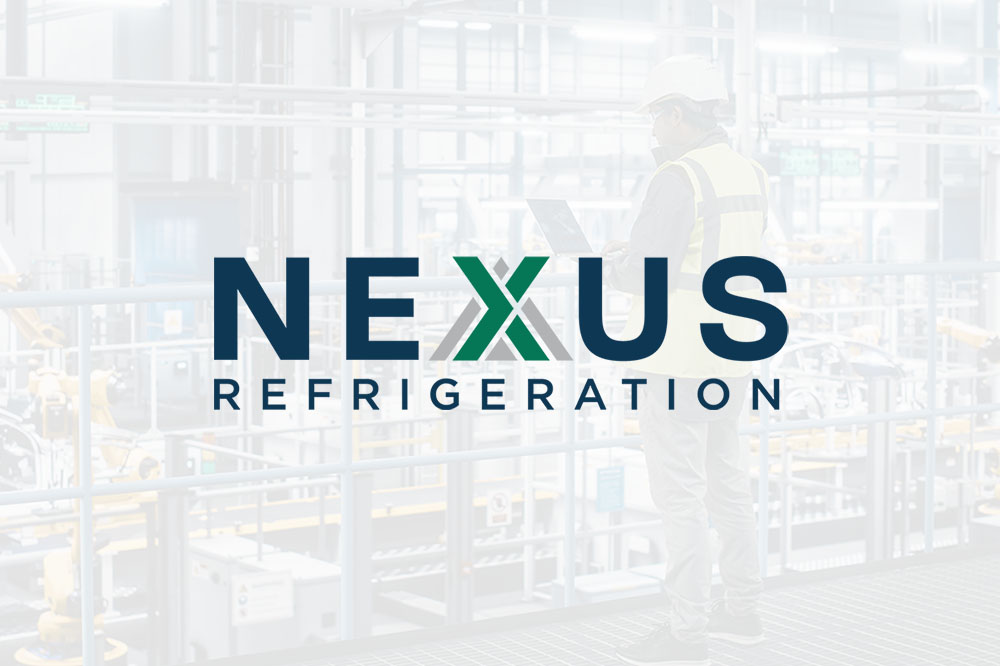Wait List Signup
We are excited to be releasing this new course soon. Sign up below and we will send you an email when it is up and running.

Evaporators and heat exchangers are where the cooling magic happens in your refrigeration system. This Evaporator Monitoring course equips you with the knowledge and skills to maintain optimal performance, prevent problems, and ensure efficient cooling throughout your facility. You’ll learn:
Evaporator Fundamentals: Understand the function of an evaporator in the refrigeration cycle, how it absorbs heat, and the different types used for various applications (air cooling, product cooling, CO₂ scrubbing).
Evaporator Feed Systems: Explore the three common evaporator feed systems (direct expansion, flooded, recirculated) and how they deliver refrigerant to the evaporator.
Valve Group Inspection: Conduct thorough inspections of evaporator valve groups, checking solenoids, pressure gauges, piping, insulation, and compliance with labeling and tagging standards.
Expansion Valve Operation: Understand the function of expansion valves (including hand expansion valves) and the importance of proper setting and adjustment.
Airflow Management: Learn how proper airflow is crucial for evaporator efficiency and how to identify and address airflow restrictions caused by fan motor issues or ice buildup.
Defrost Cycle Optimization: Understand the importance of the defrost cycle in removing ice from evaporator coils, the role of pressure regulators and solenoid valves, and the hazards associated with hot gas defrost.
Physical Damage and Corrosion: Inspect evaporators for physical damage (impact, corrosion) and understand the importance of barrier protection and regular maintenance to prevent safety hazards.
Fan Motor Troubleshooting: Check for proper fan motor operation, identify potential problems like tripped overloads, and address excessive vibration by inspecting motor and shroud connections.
Maintaining Optimal Conditions: Learn how open doors, product introduction, and other operational factors can affect evaporator performance. Understand the importance of regular walk-throughs and monitoring temperature readouts.
Heat Exchanger Basics: Explore the function of heat exchangers in cooling secondary coolants (water, glycol, brine) and the different types commonly used (plate and frame, shell and tube, etc.).
Heat Exchanger Monitoring: Apply similar inspection techniques to heat exchangers as with evaporators, checking valve groups, pressures, temperatures, and pump operation.
Safety and Compliance: Understand the safety considerations for heat exchangers, including pressure vessel classification and the need for regular inspection of safety relief valves. Ensure proper labeling and identification of heat exchanger components.
This course empowers you to proactively monitor evaporator and heat exchanger performance, identify potential problems early, and contribute to the safe and efficient operation of your refrigeration system. Regular monitoring can help prevent costly breakdowns and ensure optimal cooling throughout your facility.
$85.00